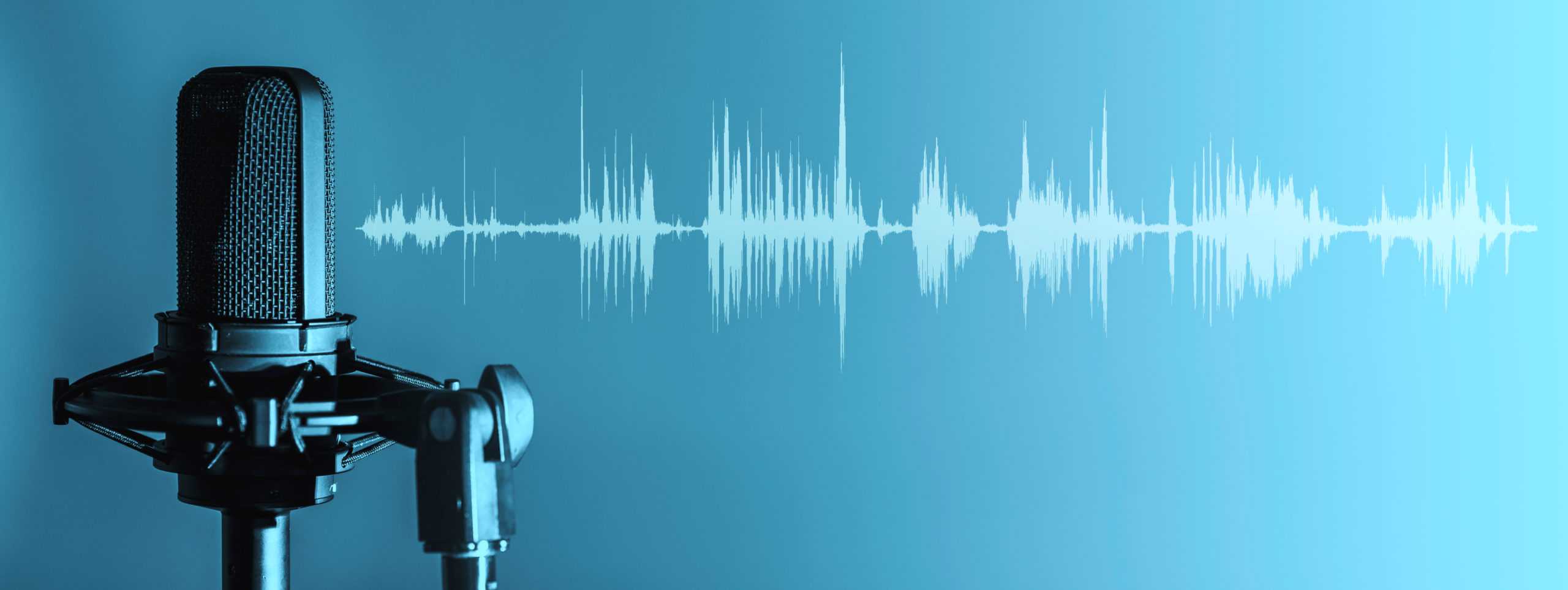

Podcasting is an equal opportunity venture. You have homespun hobbyists and longtime professionals developing their own bit of audio for worldwide consumption.
You can find podcasts on politics podcasts, tax tips, music of the 80’s, original drama, humor, classic automobiles, and guitar instruction. In fact, the list of additional podcasts is limited only by your imagination.
Some producers use a simple USB microphone attachment that is picked up and recorded by software in your computer. From there it can be manipulated, mixed and saved as an mp3 file.
Many podcasts do not rely on studio equipment and mixing. The audio creator is simply using the simplest means of recording intelligible thoughts and then allowing site visitors to consume the information at will.
Podcasting is to mp3 downloads what web cam videos are to YouTube. They can be entertaining, informative or simply background.
As the idea of podcasts continues to grow the prevailing mystery of producing, saving and distributing an audio file is essentially fading away too.
There was a time when many computer users were intimidated by the thought of trying to upload a text file then photos, but as a familiarity with computers continues to improve the exploration of new ideas makes audio distribution a highly personal way to deliver a point.
For Fred and Eric this means shutting the door to their computer room every Friday night and spending a couple of hours producing a fifteen-minute podcast.
They both have indicated their wives wonder what they do for two hours and why they spend time developing a podcast if there is no pay involved.
Both men chuckle when they relate the marketing potential wrapped up in these free podcasts. One has a small record label and the audio he produces points listeners to the label website to purchase some of the material presented. The other does voice work for clients and his podcasts highlights his skills while he gives free advice about how to do voice work for clients.
Neither of these gentlemen is interested in discontinuing their podcasts. It is true they do not see tangible revenue from the download of their audio, but the their work is essentially an entertaining and informative advertisement for their primary sites where purchases can, and are, being made.
The best news is they don’t make their podcasts blatant advertising. In both cases they utilize something that encourages listeners to come back, and they are.
Each of these podcasts are subject to an RSS feed and one has even moved to offer the feed as a phone download if the listener is on the go or may not have immediate access to a computer.
The truth about podcasts is they are not only for the broadcast professional. All around the world these audio elements are created in basements, cottages, mansions and studios.
The acceptance of podcasts is generally strong and while your weekly listenership may not be as strong as a national radio program it does offer something that some of these programs don’t offer – the ability for consumers to listen when they want to listen.
The notion of on demand listening and viewing is changing the way the world thinks about how they accept material and it is having an impact on traditional radio and television stations.
This is the power of the podcast.
